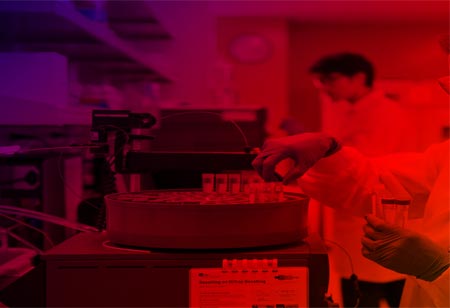The petrochemicals industry, a cornerstone of modern manufacturing, is undergoing a profound transformation driven by sustainability imperatives, technological innovation, and global awareness of environmental concerns.
FREMONT, CA: As a vital component of diverse products, from plastics to pharmaceuticals, the industry increasingly embraces change to ensure a more responsible and sustainable future.
The Quest for Sustainability: Amid mounting pressure to reduce carbon emissions and minimise environmental impact, the petrochemicals industry is reevaluating its practices. Companies are actively seeking ways to enhance energy efficiency, reduce waste, and adopt circular economy principles to prolong the lifespan of materials and reduce resource consumption.
Technological Advancements Pave the Way: Innovation is propelling the petrochemicals sector forward. Breakthrough technologies are being explored to transform waste into valuable resources and develop sustainable feedstock alternatives. Advanced processes, such as plastic recycling and converting CO2 into valuable chemicals, are unlocking novel avenues for sustainability.
Renewable and Biodegradable Solutions: A growing focus on renewable feedstocks is reshaping the industry's landscape. Companies are exploring bio-based materials, such as plant-derived plastics and biodegradable polymers, to reduce reliance on fossil fuels. These innovations offer eco-friendly alternatives and cater to evolving consumer preferences for sustainable products.
Circular Economy Initiatives: Circular economy principles are gaining traction in petrochemicals. Companies are investing in research and infrastructure to increase the recycling rates of plastic waste, transforming discarded materials into new products. The industry strives to reduce its contribution to plastic pollution by embracing circularity.
Reducing Environmental Footprint: Efforts to reduce emissions and environmental footprint are paramount. Petrochemical plants are adopting cleaner technologies, optimising energy consumption, and implementing stringent emission control measures. These initiatives align with global goals to mitigate climate change and enhance air quality.
Collaboration and Regulation: Collaboration among industry players, governments, and regulatory bodies is essential for driving sustainable change. The petrochemicals sector actively engages in discussions and partnerships to shape policies that promote sustainable practices and facilitate the transition to a more environmentally responsible industry.
Economic Growth and Sustainability Nexus: The pursuit of sustainability is not at odds with economic growth. Companies recognize that environmentally responsible practices can enhance operational efficiency, reduce costs, and attract environmentally conscious consumers. This alignment of economic and environmental goals is reshaping the business landscape.
Reshaping the Future: The petrochemicals industry's journey towards sustainability is a dynamic process marked by innovation, collaboration, and continuous improvement. By embracing renewable feedstocks, reducing waste, and adopting cleaner technologies, the industry is on a trajectory to play a pivotal role in shaping a more sustainable and resilient global economy.
In Conclusion: The petrochemicals industry is at a pivotal juncture, poised to redefine its role in a rapidly changing world. The convergence of technological innovation, circular economy principles, and a commitment to sustainability underscores the industry's determination to navigate the challenges ahead and pave the way for a more responsible and sustainable future.

